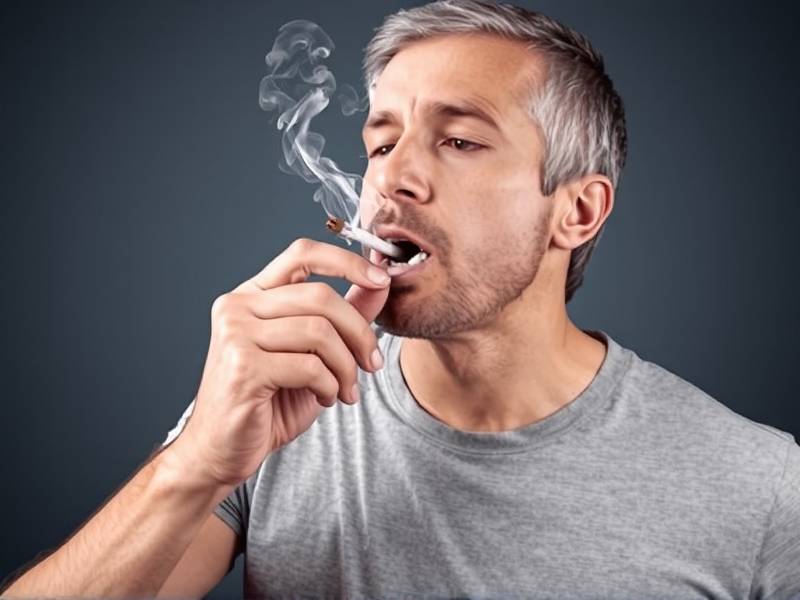How Long Does It Take to Clear Phlegm After Quitting Smoking?
How Long Does It Take to Clear Phlegm After Quitting Smoking?
Introduction: Quitting smoking is a significant decision that can lead to numerous health benefits. One common concern among smokers who quit is the presence of persistent phlegm. This article aims to provide insights into how long it might take to clear phlegm after quitting smoking and offer tips for managing this transition.
What is Phlegm? Phlegm, also known as mucus, is a sticky substance produced by the respiratory system to protect and moisten the airways. Smoking damages the lining of the airways, leading to an increase in mucus production. When you quit smoking, your body starts healing, and this can result in an increased amount of phlegm.

How Long Does It Take to Clear Phlegm After Quitting Smoking? The duration it takes for phlegm to clear after quitting smoking can vary from person to person. Generally, it may take several weeks or even months for your body to fully recover and reduce the production of excess mucus.
-
Immediate Changes: Within a few days of quitting smoking, you may notice an increase in phlegm production. This is because your body starts cleansing itself of toxins and irritants that were previously present due to smoking.
-
Weeks 1-4: During this period, you may experience more coughing and expectoration of mucus as your body continues to rid itself of tar and other harmful substances. The consistency and color of the phlegm may also change as it becomes less yellowish or brownish.
-
Weeks 4-8: By this stage, you should start noticing improvements in your respiratory health. The coughing episodes may become less frequent, and the quantity of phlegm produced should decrease.
-
Weeks 8-12: During this phase, most individuals report significant improvements in their respiratory health. The production of excess mucus should be significantly reduced, resulting in fewer coughing fits and a better overall sense of well-being.
-
Beyond 12 Weeks: After about three months of quitting smoking, many individuals experience complete resolution or significant improvement in their respiratory symptoms, including the clearing of phlegm.

Tips for Managing Phlegm After Quitting Smoking:
- Stay Hydrated: Drinking plenty of fluids helps thin out mucus and makes it easier to cough up.
- Gargle with Salt Water: Gargling with warm salt water can help soothe your throat and reduce inflammation.
- Use Steam: Inhaling steam from a hot shower or steam inhalation can help loosen mucus.
- Exercise Regularly: Regular exercise improves lung function and aids in clearing out trapped mucus.
- Avoid Irritants: Minimize exposure to allergens like dust, pollen, or smoke from other sources.
- Consult Your Doctor: If you experience persistent symptoms or have concerns about your respiratory health after quitting smoking, consult with a healthcare professional for personalized advice.
Conclusion: Quitting smoking can lead to various health benefits, including improved respiratory function and reduced production of excess mucus. While it may take several weeks or months for phlegm to clear completely after quitting smoking, adopting healthy habits such as staying hydrated and exercising regularly can help facilitate this process. Remember that patience is key during this transition period as your body heals from years of smoking damage.
